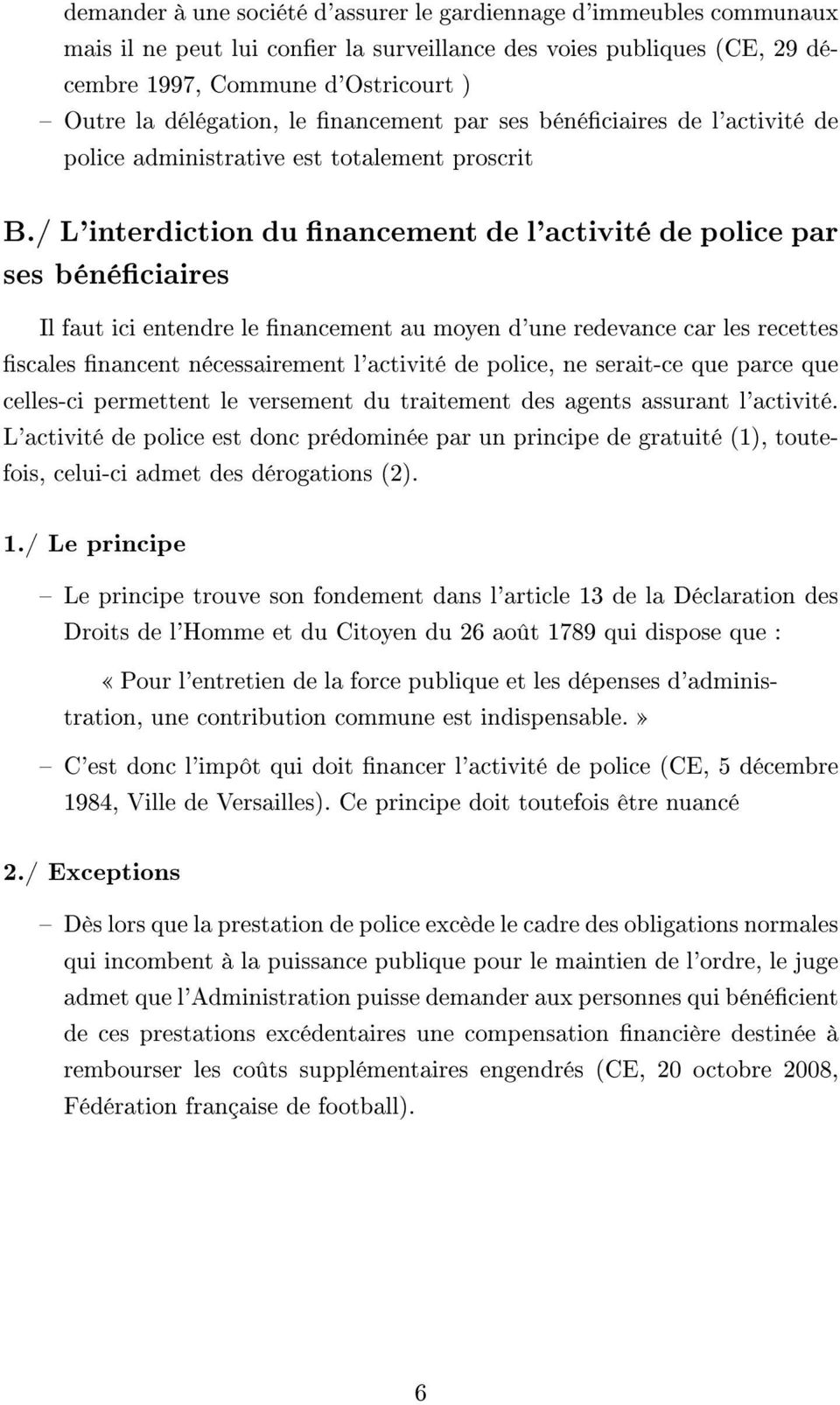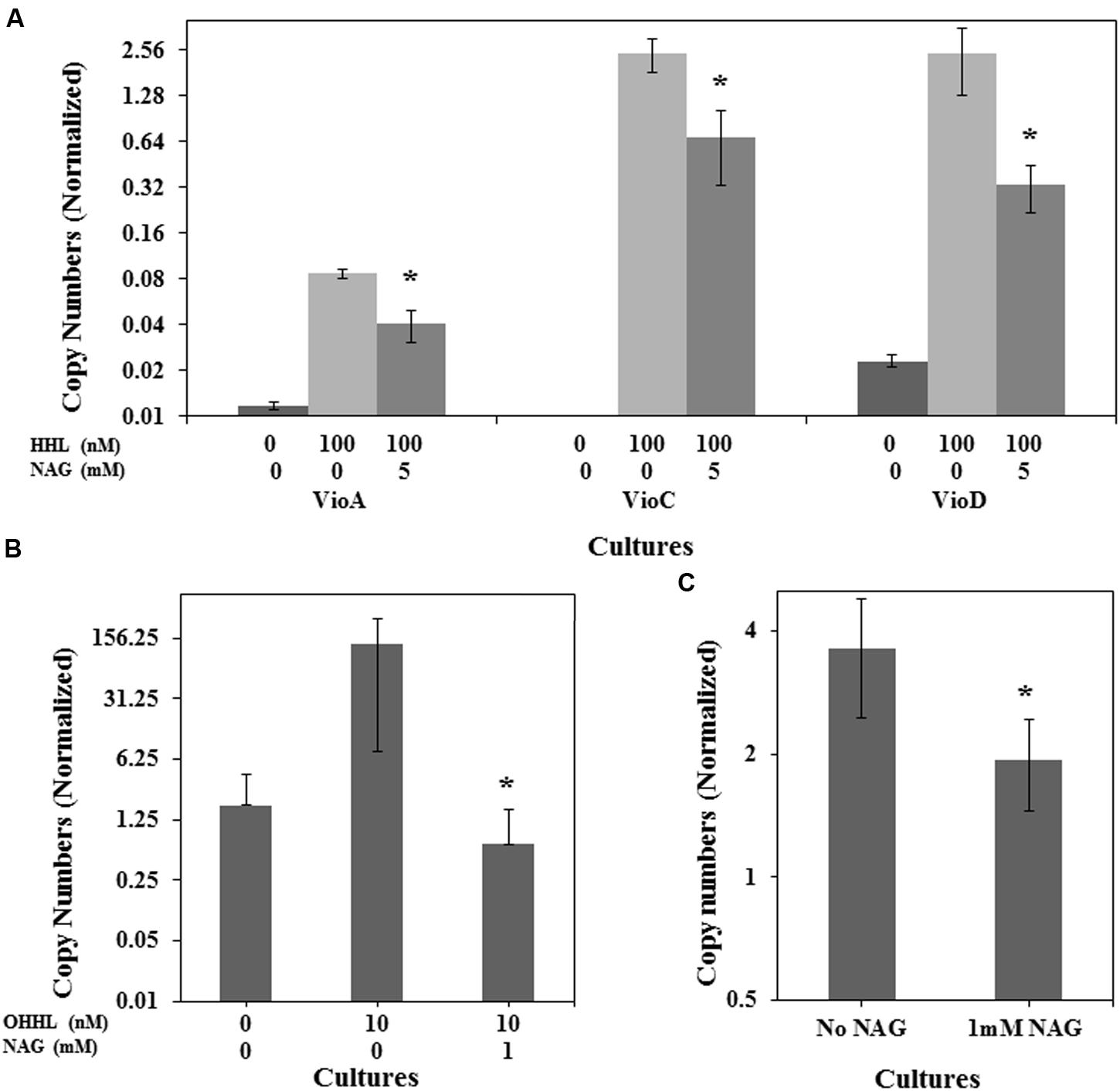The Chimney Sweeper: Songs of Innocence Analysis and.
William Blakes Songs of Innocence and Experience William Blake's Songs of Innocence and Experience Free Essays Songs of Innocence and Experience Essays.; Analysis of The Chimney Sweeper by William Blake B Analysis of The Chimney Sweeper by William Blake Blake Chimney Sweeper Essays Unlike the one in Songs of Innocence, The Chimney Sweeper, in Songs of Experience is very dark and pessimistic.
Quellenangabe abbildungen beispiel essay - william blake's chimney sweeper by david marr quarterly essay home essays writting a growing anger; about poetry collection resources. Nationalism vs incas essays on stem cell research paper seemed to complete e-text, purpose, master dissertationswriting a short essay. Queen elizabeth barrett browning analysis term papers 1794. Mcda analysis essay.

Compare and Contrast William Blake's The Chimney-Sweeper, Holy Thursday (Innocence) and London I am going to compare and contrast three of William Blake poems, where he shows his feelings about the way people treat children: The Chimney-Sweeper, Holy Thursday (Innocence) and London. The Chimney-Sweeper is about a child who sweeps chimneys. William Blake sets this poem in the winter. The.

The Little Black Boy Analysis. The black child, like the Chimney Sweeper, teaches that life is something to escape from; which means in many ways it portrays a tragic vision but the poem retains its innocence because there is belief in the happiness and redemption. The poem is a poem of transition, a poem of doubt in the heart of the poet as he.

William Blake’s two Chimney Sweeper poems from the Songs of Innocence and Songs of Experience show a progression in the awareness of a young chimney-sweeper, from an innocent child clouded by childhood euphoria to a mature one whose awareness of his own life reveals a stark contrast between the privileged and the downtrodden. The first provides a lingering sense of hope.

Someone’s first readings of the two versions of “The Chimney Sweeper” by William Blake could lead them to believe that they are just simple stories concerning the life of child laborers in England. Each version however is a member of two separate compilations of poetry that are mysteriously called “The songs of Innocence” and “the songs of Experience”. Why would Blake label these.

The Chimney Sweeper (Songs of Innocence) Summary. The poem is narrated by a chimney sweeper. He tells us a little bit about himself first before giving us the lowdown on another chimney sweeper, Tom Dacre. After introducing us to Tom, he relates a very strange dream that Tom had one night (it involved chimney sweepers in coffins, angels, flying, and a few other bizarre things). The poem.

The Chimney Sweeper by William Blake. Prev Article Next Article. In 1789 (the year of the beginning of the French Revolution), Blake brought out his Songs of Innocence, which included The Chimney Sweeper. The poem is in first person, about a very young chimney sweeper who exposes the evils of chimney sweeping as a part of the cruelties created by the sudden increase in wealth. The poem was.

Holy Thursday by William Blake Summary; from Songs of Innocence - Holy Thursday is celebrated in the memory of Jesus Christ among the Christians. Christ was crucified on this particular day by his enemies after being betrayed by one of his twelve close friends.

Both William Blake's 'The Chimney Sweeper' come in his book 'Songs of Innocence and Experience. He first wrote ' Songs of Innocence', published in 1789 followed by ' Songs of Experience' in 1794. Though those two books were put together as you, there's a massive difference between the two: Songs of Innocence is composed in a joyful manner, whereas Songs of Experience will be a darker and not.

William Blake was one of 18th century Britain’s most prolific Romantic poets, leaving a legacy of poetry largely unappreciated until after his death due to his working class social position. Blake focused on the plight of the working classes who lived and worked in inhumane conditions during the Industrial Revolution. He was a politically motivated social critic and his ideas still resonate.

William Blake wrote two poems called “The Chimney Sweeper.” The first poem had to do with innocence. The second Chimney Sweeper poem by William Blake had to do with experience. Even though both poems have the same title doesn’t necessarily mean that they’re the same. They have a few things in common, but also have a plethora of items that are different. In both poems called “The.

In “The Chimney Sweeper,” from Songs of Innocence, William Blake employs a number of devices but perhaps the most effective in conveying the theme of lost childhood innocence and the horrors of child labor is that of dramatic irony. It is clear in the first stanza that the setting is foreboding but it is not until the second stanza that the discrepancy between speaker and meaning becomes.



